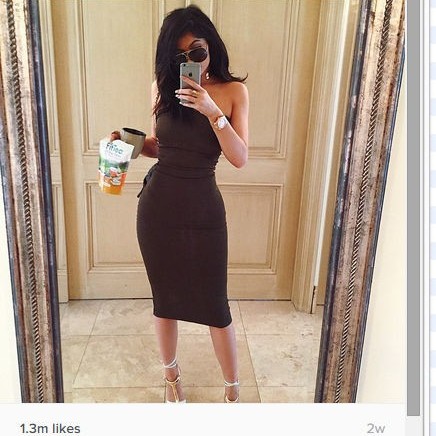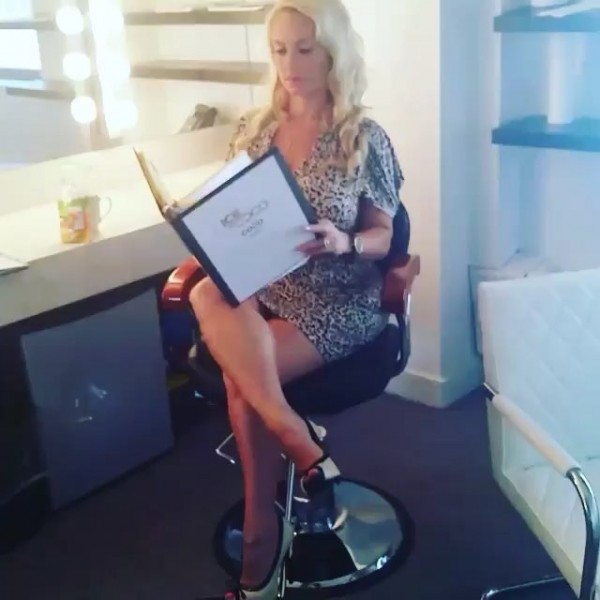When using celebrities or influencers to help market products, it is important to maintain adherence to FTC (Federal Trade Commission) guidelines. This ensures that everything is on the up and up and prevents your company from being subject to an FTC investigation. (Influencer Endorsements)
Perhaps one of the guidelines most easily violated is ensuring that when a celebrity or an influencer endorses a product (or there is an apparency of a products endorsement) it must be fully disclosed by the endorser. This includes when the celebrity or influencer is given free product or any other incentive, including money, to positively review a product.
Recently there were two instances in which the FTC busted companies for failing to disclose that they paid influencers to promote their products.
In the first, Lord & Taylor was slapped for failing to disclose that they had not only sent a free dress to influencers, but subsequently paid those influencers to post positive comments with pictures about the dress on social media sites. These posts were first approved by Lord & Taylor and then the influencer was paid thousands of dollars.
While this seems like a perfectly legitimate way to use endorsements (the dress sold out), Lord & Taylor failed to disclose that its influencers were paid.
The suit against Lord & Taylor by the FTC could have easily been avoided had the influencers been instructed to include, minimally, #ad in their social media posts, or in some other obvious manner disclosing that they had been given the dress for free and subsequently paid for the posts. This created the apparency that these were independent statements made about the dress.
In another case, the FTC ordered Machinima, Inc. to fully disclose that it had paid endorsers to review Microsoft’s Xbox One system and several games in an influencer campaign carried out via YouTube videos.
The influencers that were paid failed to adequately disclose that they were compensated which resulted in consumers believing that their opinions were unbiased and objective.
Machinima paid influencers $1 for every view they got on YouTube up to $25,000 and did not require the influencers to state in any way that they were paid to promote the products. In all, 300 videos were uploaded to Machinima’s channel on YouTube and these videos received over 30 million views. That’s a significant amount of exposure.
https://www.ftc.gov/news-events/blogs/business-blog/2015/09/when-buzz-goes-bad
The FTC recommends complete transparency when using celebrities and/or influencers to promote a product. Ads should be reviewed from the viewpoint of the consumer and should affirmatively answer the following questions:
*Is it obvious to the consumer that the influencer/celebrity is getting paid to endorse the product?
*Is the relationship between the company/product and the influencer openly disclosed?
*Is it obvious that this is an advertisement and not merely someone stating their independent opinion?
It is the FTC’s stance that disclosing the relationship between an endorser and a company gives the consumer the ability to evaluate the legitimacy of the statement. The consumer may be less likely to embrace an endorsement from someone that is compensated, whereas, they may be more likely to embrace an endorsement from someone who is merely stating their personal opinion of a product.
Both of the above companies used a form of advertising called “native advertising” in which their campaigns appeared to be in the form of news, articles or product reviews. The FTC takes the stand that full and conspicuous disclosure of these types of native campaigns prevents deception.
What the FTC considers when evaluating an ad or a campaign and whether or not it is deceptive to consumers is the impression the ad conveys to consumers. According the the FTC, “Any clarifying information necessary to prevent deception must be disclosed clearly and prominently to overcome any misleading impression.”
Advertisers are ultimately responsible for ensuring full disclosure and should monitor the posts of influencers/celebrities that they are paying and/or compensating in some manner to endorse their products. In fact, it is ultimately considered to be the responsibility of the company to ensure that paid product endorsements are disclosed.
Our words of advice? Keep your celebrity/influencer campaigns clean and on the straight and narrow. Openly disclose all relationships and ensure that this is visible on any social media campaigns. Make your expectations clear to anyone that is endorsing your product for compensation that this is required as part of the deal.
For more details on the FTC guidelines covering endorsements you can visit the FTC’s site here: https://www.ftc.gov/tips-advice/business-center/advertising-and-marketing/endorsements.
CelebrityCred.com can help you ensure that your ad campaign with celebrities and influencers is on the up and up. For more information on navigating the waters of celebrity endorsements, contact CelebrityCred.com at 1(888)359-4521 or visit CelebrityCred.com.































 If you have any questions just click the chat on the bottom right of the screen or call us at 1-888-359-4521!
If you have any questions just click the chat on the bottom right of the screen or call us at 1-888-359-4521!